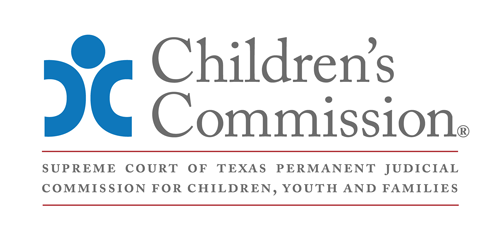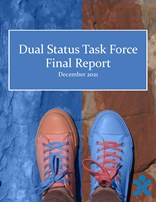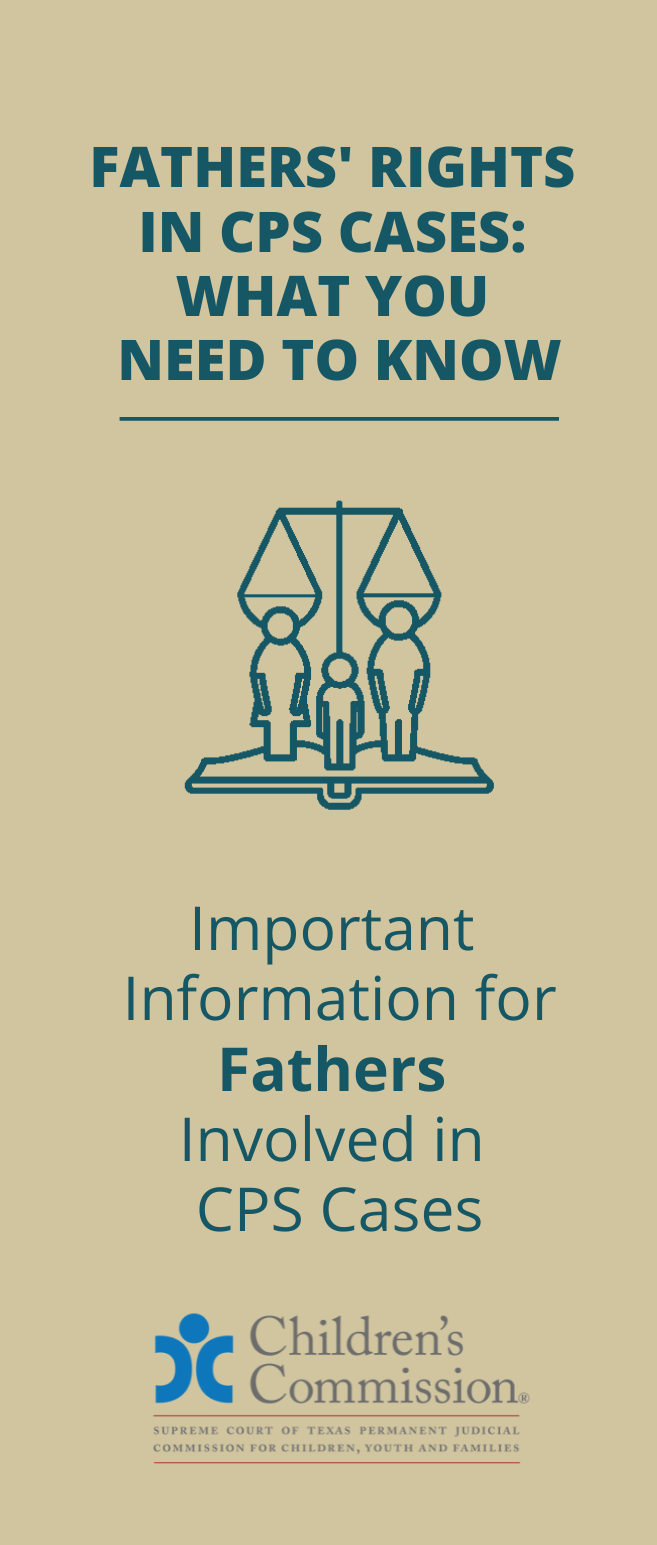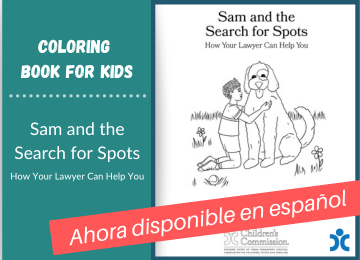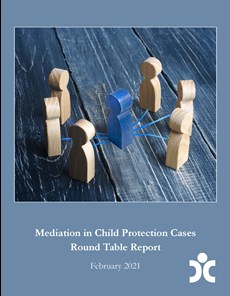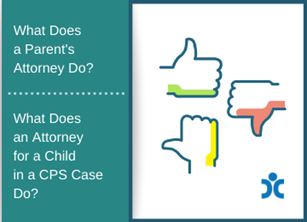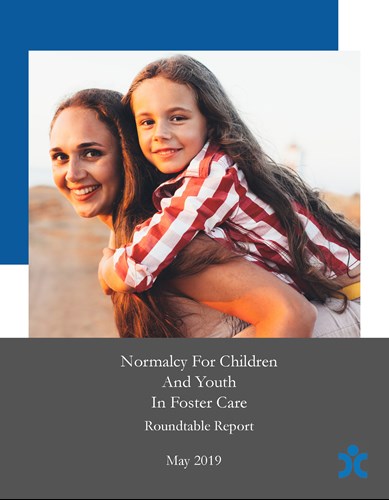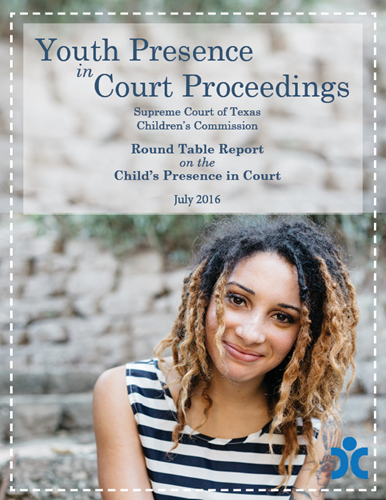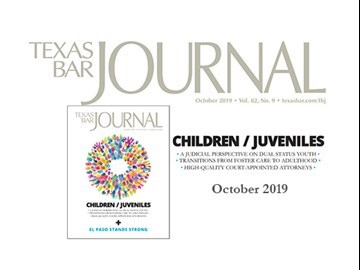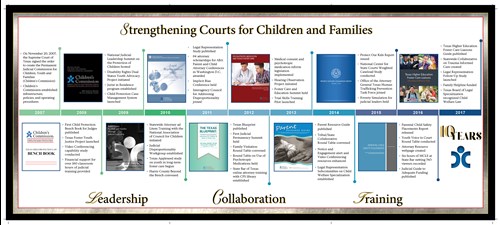Children's Commission YouTube Channel
Topics
88th Legislative Session:
Please note that MCLE is not offered for this replay.
Effective Advocacy in the Virtual CPS Courtroom:
On May 22, 2020, the Children's Commission hosted a 90-minute webcast designed for all practitioners on the CPS docket to share best practices when preparing cases and clients for a virtual hearing. Moderated by Hon. Rob Hofmann, Judge of 452nd District Court and Jurist in Residence for the Children’s Commission, panelists discuss topics including how to facilitate the client’s meaningful participation in a virtual hearing; how to properly elicit testimony on Zoom; how to properly enter evidence on Zoom; and how to review orders in a virtual setting. Please note that MCLE is not offered for this replay.
Foster Care & Education:
- Understanding Support for Foster Alumni: Financial Aid, Enrollment Process & Campus Support
- Enhancing Support for Foster Alumni: Financial Aid, the Foster Care Tuition Waiver, and Campus Support
- Changes to Educational Services for Texas Foster Youth
- THECB Tuition and Fee Waiver: The tuition and fee waiver in the Texas Education Code offers eligible young adults the opportunity to attend any Texas public institution of higher education without the payment of tuition and fees. The video clarifies the eligibility criteria for the state tuition and fee waiver and explains how the waiver can be utilized in Texas.
Judicial Webcast on Benefits of Utilizing Technology in Child Welfare Cases
On June 5, 2020, the Children's Commission hosted a one-hour webcast, “Benefits of Utilizing Technology in Child Welfare Cases,” designed for judges who preside over the CPS docket. Moderated by Hon. Rob Hofmann, Judge of 452nd District Court and Jurist in Residence for the Children’s Commission, the panel discussion includes five judges who share their experiences with virtual child welfare hearings and related silver linings. Topics include how to manage dockets and find an interpreter; greater child and parent engagement; the advantages of virtual mediation; an increase in attorney participation and preparation; and the benefits of increased frequency of family time (also known as visitation). Viewers will also learn about how all of these technological benefits can be used to advance permanency for children in care. Please note that MCLE credit is not offered for this replay.
Prevention Before CPS Involvement
The majority of cases in the child welfare system involve neglect, which in some cases, conflate poverty and neglect. Families living in poverty are often faced with questions about resources for housing, mental health, food subsidies, parenting resources, substance use disorders, and/or job assistance. Resolution of these issues can also help maintain the safety, permanency, and well‐being of children. Prevention Before CPS Involvement: Supporting Families at Risk gives an overview of DFPS’s Prevention and Early Intervention services aimed at preventing child abuse and neglect at the community level and diverting families from child welfare involvement and introduces additional resources and community supports to further the goal of prevention. Please note that MCLE is not offered for this replay.
Youth in Court
Speak UP! Foster Youth in Court
